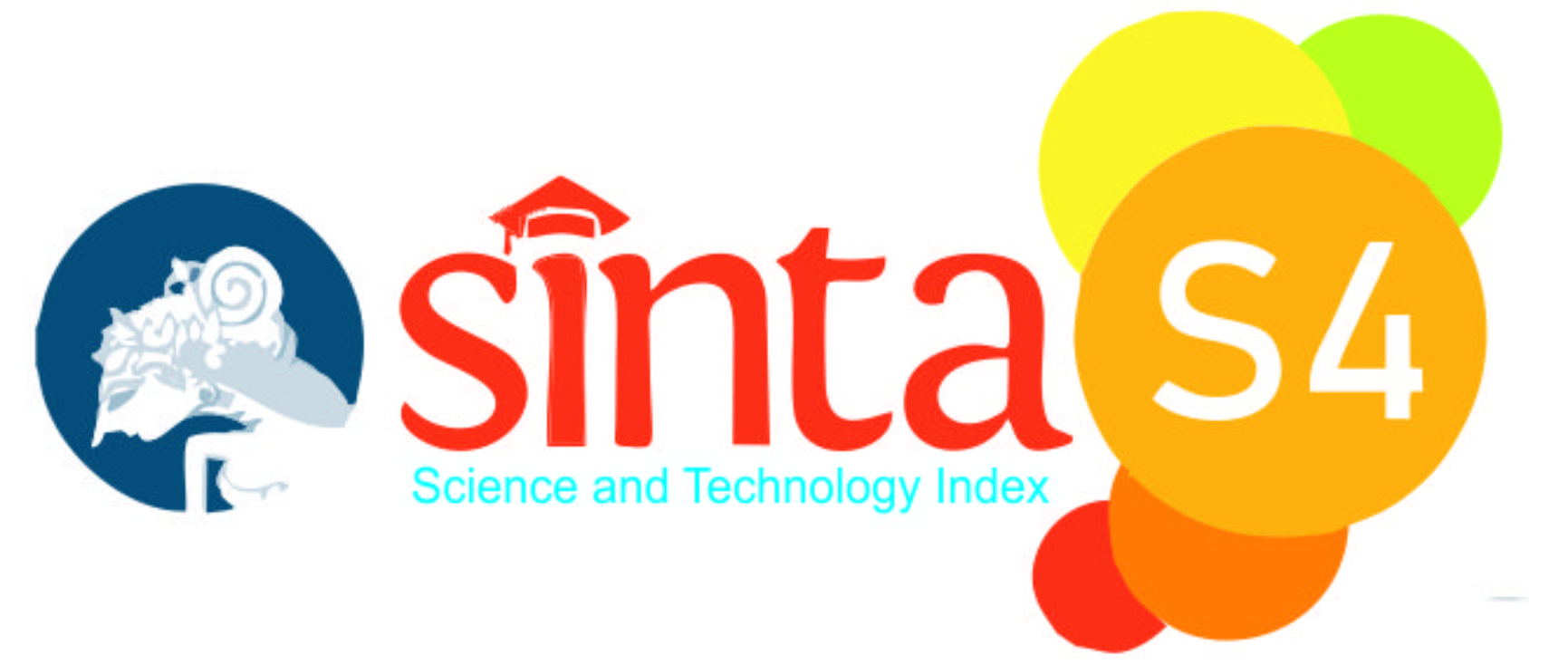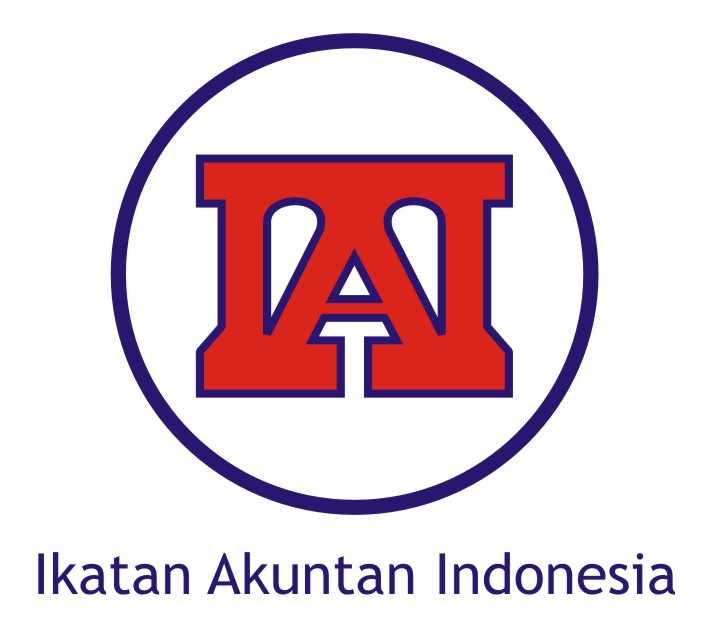Publication Ethics Statement
Publication Ethics
Jurnal Riset Akuntansi is a double-blind-review journal which is published periodically twice a year (April and October). Jurnal Riset Akuntansi publishes writings in the field of accounting and finance that have a significant contribution to the development of science, thought, profession and accounting practice in Indonesia in particular and the world in general.
The publication of articles in double blind-reviewed journals is an important part of scientific development. Publication is a direct reflection of the quality of the work of the author and the institution that oversees it. The double-blind-review article supports and embodies the scientific approach. Therefore, a standard of ethical behavior is needed for all parties involved in publication: journal editors, reviewers, and authors.
This guide was translated and adopted in accordance with Elsevier's publication ethics policy.
STANDARDS OF ETHICS FOR EDITORS
- Publication Decision
The Editor of Jurnal Riset Akuntansi is responsible for deciding which articles to publish from the accepted articles. This decision is based on the validation of the article and its contribution to researchers and readers. In carrying out their duties, the Editor is guided by the policies of the editorial board and is subject to legal provisions that need to be enforced such as defamation, copyright infringement, and plagiarism. Editors can discuss with other editors or reviewers in making these decisions.
- Objective Assessment
The editor evaluates a manuscript based on its intellectual content without discrimination in religion, ethnicity, ethnicity, gender, nation, and others.
- Confidentiality
Editors and editorial staff may not disclose any information about manuscripts that have been received to anyone, other than the authors, reviewers, prospective reviewers, and the editorial board.
- Conflict of Interest
Article material submitted to Jurnal Riset Akuntansi and has not been published may not be used for the editor's personal research without the written permission of the author. Information or ideas obtained through double blind reviews must be kept confidential and not used for personal gain. Editors must refuse to review a manuscript if the editor has a conflict of interest, due to a competitive, collaborative, or other relationship with the author, company, or institution with which the manuscript is related.
- Cooperation in Investigation
Editors must take responsive steps if there are complaints regarding ethics in manuscripts that have been received or in articles that have been published. The editor can contact the manuscript writer and give consideration to the complaint. Editors can also carry out further communication with related research institutions or institutions. When the complaint has been resolved, matters such as the publication of corrections, withdrawals, statements of concern, or other records, need to be considered.
STANDARDS OF ETHICS FOR REVIEWERS
- Contribute to Editor's Decision
Blind peer review by reviewers assists editors in making decisions and can assist authors in improving their writings through editorial communication between reviewers and authors. Peer review is an important component in formal scholarly communication and scientific approaches.
- Punctuality
If the assigned reviewer feels that he is not qualified to review a manuscript or knows that it is not possible to conduct a review in a timely manner, the assigned reviewer must immediately notify the editor.
- Confidentiality
Any manuscript that has been accepted for review must be treated as a confidential document. The manuscript may not be shown to or discussed with others unless it has been authorized by the editor.
- Objective
Review must be done objectively. Personal criticism of the author is inappropriate. Reviewers must express their views clearly accompanied by supporting arguments.
- Completeness and Authenticity of References
Reviewers must identify published works that have not been cited by the authors. A previously published statement of observation or argument must be accompanied by a relevant citation. The reviewer must notify the editor of any substantial similarity or overlap between the manuscript under review and other published articles, to the best of the reviewer's knowledge.
- Conflict of Interest
Unpublished article material may not be used in the reviewer's personal research without the written permission of the author. Information or ideas obtained through peer review must be kept confidential and not used for personal gain. The reviewer must refuse to review the manuscript if the reviewer has a conflict of interest, caused by a competitive, collaborative, or other relationship with the author, company, or institution associated with the work.
ETHICAL STANDARDS FOR AUTHORS
- Writing Standard
The author must present an accurate paper/article on the research conducted and present an objective discussion of the significance of the research. Research data must be presented accurately in the article. An article must be sufficiently detailed with sufficient references to allow others to replicate the work. Fraud or inaccurate presentation of papers is unethical and unacceptable behavior.
- Research Data Access
Authors may be required to provide raw data for the articles to be reviewed and must be able to provide public access to such data where possible, and must be able to retain such data for a reasonable period of time after publication.
- Originality and Plagiarism
Plagiarism in all forms is an unethical behavior in the publication of scientific papers and is not acceptable. The author must ensure that all work presented is original, and if the author has used the work and/or words of others, the author must provide appropriate citations. There are various forms of plagiarism, such as admitting other people's writings to be one's own, copying or rewriting substantial parts of other people's work without citing the source, and claiming the results of research conducted by others. Self-plagiarism or auto plagiarism is a form of plagiarism. Auto plagiarism is citing the results or sentences from your own published work without mentioning the source.
- Terms of Post Submission
Authors may not publish the same manuscript in more than one journal. Submitting the same manuscript in more than one journal is an unethical behavior in the publication of scientific papers and is not acceptable.
- Inclusion of Reference Sources
Proper acknowledgment of the work of others must always be done. The author must mention publications that were influential in the preparation of his work. Information obtained personally, such as in conversations, correspondence, or discussions with third parties, may not be used or reported without the written permission of the source of the information.
- Writing Authorship
An author is a person who has contributed significantly to the conception, design, execution, or interpretation of the writings in the article. All parties who have made significant contributions are listed as co-authors. Corresponding authors must ensure that all co-authors are included in the manuscript, and that all co-authors have read and approved the final version of the work and have approved the submission of the manuscript for publication.
- Hazards and Human Subjects
If the manuscript involves procedures or equipment that have unusual hazards inherent in their use, the author must identify these clearly in the manuscript. If the manuscript involves a human subject, the author must ensure that the manuscript contains a statement that all procedures are carried out in accordance with the relevant laws and regulations and the relevant agency and committee within the institution has approved it. Authors must include a statement in the manuscript that consent has been obtained for experiments with human subjects. The right to privacy of human subjects must always be considered. Consent, permission and acknowledgment must be obtained if the author wishes to include case details or other personal information in the manuscript. Written consent must be retained by the author and a copy of the consent or evidence that such consent has been obtained must be provided to the journal upon request.
- Errors in Published Writing
When the author finds significant errors or inaccuracies in his published work, it is the author's responsibility to immediately notify the journal editor, and cooperate with the editor to retract or correct the article. If the editor obtains information from a third party that a published work contains significant errors, it is the author's responsibility to immediately retract or make corrections to the article or provide evidence to the editor regarding the accuracy of the original writing.




.png)
.png)

.png)
.png)

